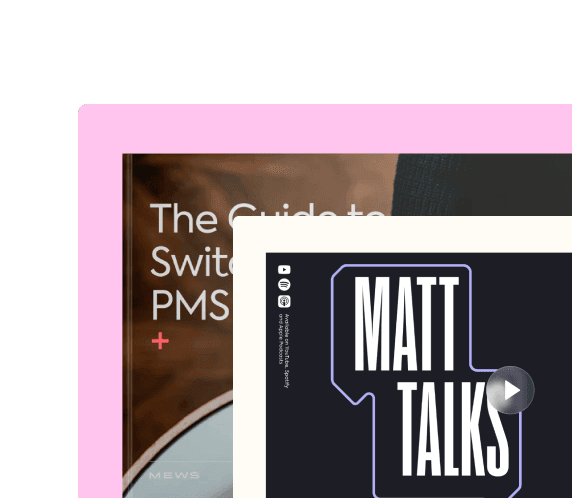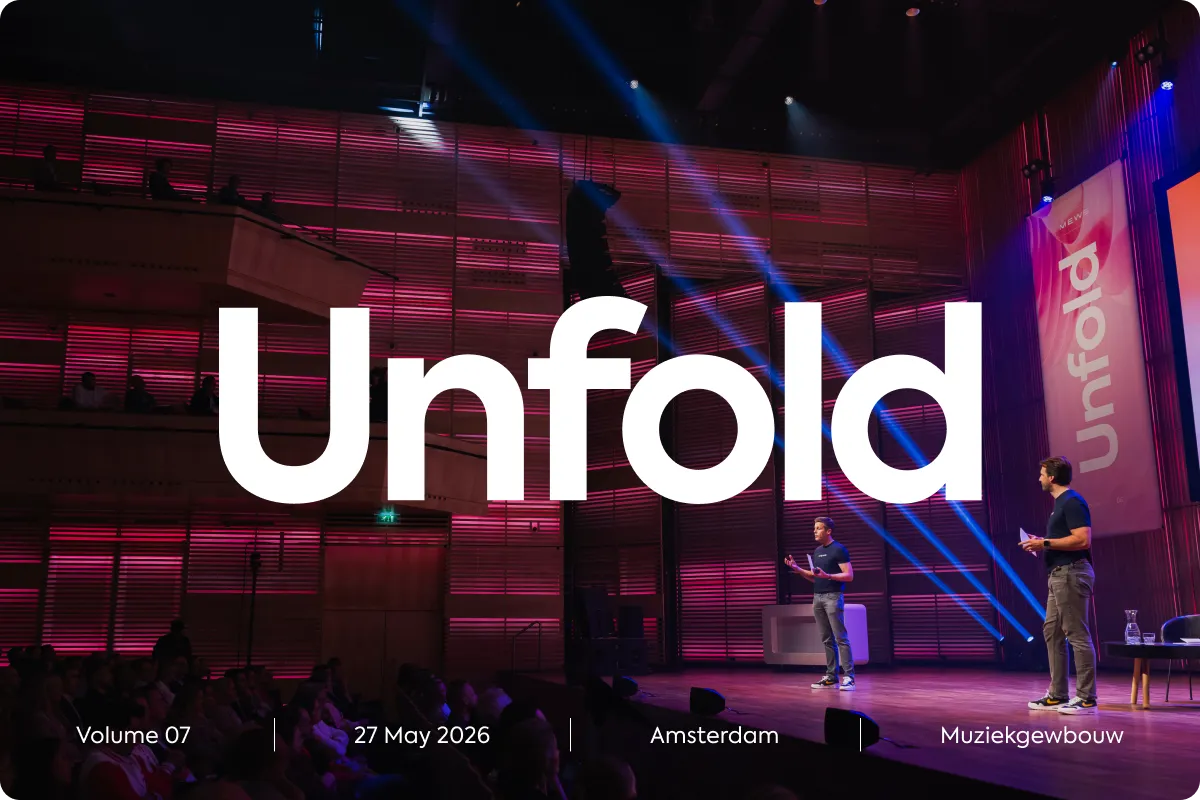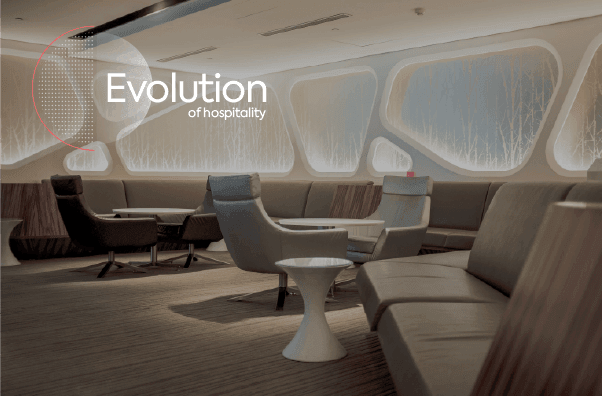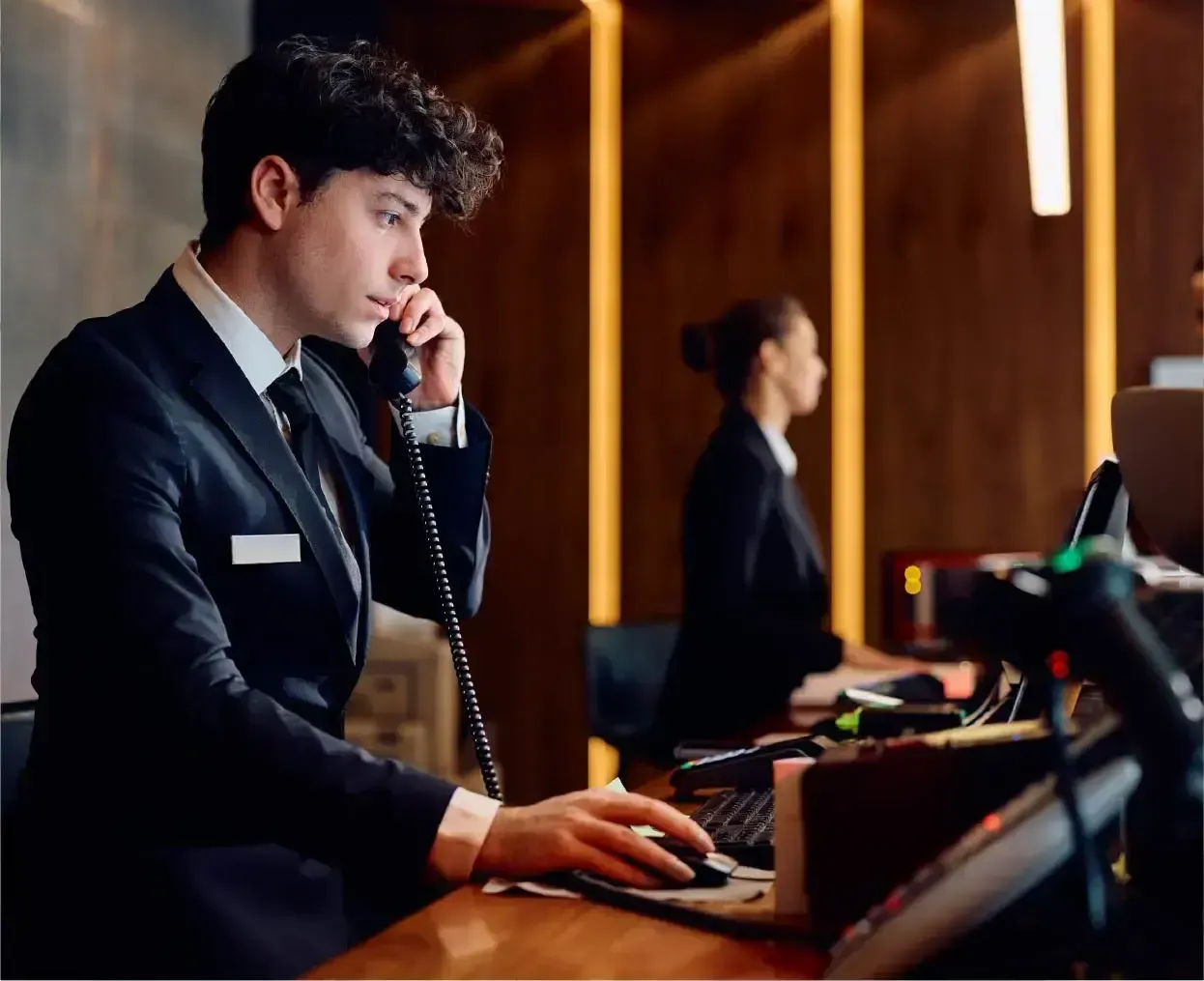At the end of the session we asked for your questions, and you didn’t disappoint. Unfortunately, there were so many good ones that we didn’t get round to answering them all, so we pestered our panel after the event to provide some bonus insights. As a reminder, these are our hospitality experts:
- Klaus Kohlmayr: Chief Evangelist and Head of Strategy, IDeaS
- Joe Pettigrew: Director of Revenue Maximization, Starwood and Yotel
- Steven Haag: Managing Director, Saco – Edyn
- Daniel del Olmo: President & Chief Operating Officer, Sage Hospitality
Automation and operations
Has Covid-19 become a wake-up call for hospitality brands, owners and investors to leverage technology while creating a new contactless experience?
Klaus: “Covid-19 has absolutely been a wake-up call. Hotel companies have realized that without a modern tech stack it is impossible to achieve the digitization of the customer journey that guests expect. The most advanced hotel companies have taken the pandemic as an opportunity to modernize their tech infrastructure, and as a result we’ll see tech adoption and innovation accelerate.”
Daniel: “Guests will expect maximum flexibility from their preferred hotels and brands, choosing a friction-less, contact-less experience when, where and how they want it, avoiding any human interaction on their way to their room – plus the ability to use their personal technology device to interact with hotel staff or inquire about hotel services.
The opposite is also true, however: guests who choose to interact with the hotel team will expect a more personalized experience that goes beyond function and amplifies their experience. In order to do that, we will need to evolve the roles of our guest-facing team members to become ‘experience ambassadors’. Technology and AI-driven tools combined with top talent and a robust L&D program will allow us to deliver experiences unlike any other time in history, and will set us apart from more conventional, functional hotel experiences.”
How do you expect the demand for hotel SaaS solutions to evolve in the next couple of years?
Daniel: “Hotel SaaS solutions will need to be much more nimble and agile, allowing for integrations with emerging technology tools to create a holistic, synchronized technology stack. Think personalization/recognition, friction-less interaction, room access/control, and AI-driven push messaging.
We’re partnering with Mews to do just that for The Sage Independent Hotel Collection, featuring over ten independent properties. This portfolio is expected to have significant growth this year, and we want to offer incoming properties a proven set of advanced technology capabilities that will allow each hotel team to outcompete their local competitors and set the tone as the market leader.”
Klaus: “Automation and technology needs to enable a better hospitality experience, not create barriers to it. Do customers complain about the efficiency of Uber, Deliveroo/DoorDash or Airbnb? They expect it, and they will expect the same tech-enabled hospitality from the hotel industry.”
Will the industry need to change its operating models to be able to cope up with the new trends?
Joe: “The pandemic has accelerated many of trends by at least ten years, and therefore, it will force us to do a talent review across the board. In other words, do we have the right talent in Reservations to manage chatbots or someone in F&B to guide someone through self-check in? Does my revenue manager know how to drive the leisure market via OTAs while corporate travel demand continues to lack?”
Daniel: “We already have adapted our operating models to address the ongoing fluctuations in occupancy due to COVID-related demand changes, and are exploring different alternatives to further innovate how we become even more efficient across our portfolio going forward.
To that end, we launched ‘Sage Forward’ in May 2020 to serve first as a platform to address the need of evolving operating standards and training surrounding COVID-19. Today, ‘Sage Forward’ serves as our innovation platform across the organization allowing us to constantly test and refine our operating practices.”
How do you communicate with staff to ensure that they’re prepared to achieve business goals within the new normal?
Steven: “Automation is always a difficult theme to discuss with your team. It’s scary and while ‘disruption’ is at the core of SaaS companies, it can be very off-putting to ‘real world’ businesses like hotels and serviced apartments that have lots of team members on the front lines every day. The key question is always: what will it all mean for me?
Last week, I went on a (socially distanced) trip to visit our team members across our properties to talk about new technology and some of the automation we’re bringing into the business. The key message I keep driving home is that we’re automating the parts of our business that would otherwise take our people away from interacting with our guests. Whether a human being on-site is handling an OTA extension request or whether that’s automated is irrelevant to the guest; however, a human being is a big upgrade vs. a chatbot when handling a major issue the guest is facing during their stay.”
Daniel: “We hold leadership calls 4-5 times a year to share important strategic updates. We send out important organizational updates on an even more frequent basis and have implemented various task forces – beyond Sage Forward – to ensure we remain nimble when implementing important revenue generation or operational initiatives while getting vital input from the field at every level of our organization before we do anything.
We also recently evolved our organization and created three distinct verticals, combining ‘like’ properties by portfolio. The leaders of those verticals also hold weekly calls with their general managers to ensure the information cascades down very efficiently.”
Adapting spaces
Do you think hotels should look at opening additional F&B options to diversify revenue?
Steven: “Why would you want to go downstairs to a restaurant in your hotel when you can stay in a serviced apartment building with delivery services able to bring you great food to your door, and you get to save on food costs – and especially booze? You still have the ability to go out to a restaurant, as long as you’re in a city-centre location.
The complexity and risk of running F&B is not something to be taken on lightly, and we are looking at hotels that aren’t optimized for F&B where we can repurpose that space for additional serviced apartments as the highest and best use of that space. While there will always be successful hotel and aparthotel F&B operations (including Edyn’s own Locke brand), I believe there will be a major rethink of a lot of these spaces.”
Daniel: “We are big believers in the power of independent restaurant concepts, and especially now as life returns to a new normal and people are craving social experiences. That’s why we created Sage Restaurant Concepts, a sister company that is run by independent restauranteurs and that manages over 40 restaurants and bars across our hotel portfolio. We’ve seen tremendous growth in both traffic and revenue over the past few weeks in markets like Savannah and Denver where eased restrictions have fueled a return to enjoying a great meal with friends and family.
What we are revisiting, however, are dayparts that we may be able to execute differently, such as a highly curated grab-and-go breakfast via a coffee bar (Bowerbird Coffee is our own proprietary craft coffee brand) versus having to staff the restaurant to deliver a more traditional sit-down breakfast.”
How will group meetings and conference experience change?
Klaus: “I think we’ll all be surprised by a faster than anticipated rebound in meetings and events. However, the purpose and structure will change – it will be more around culture and team building and smaller business meetings than large-scale events.”
Joe: “I think as soon as the government allows for those meetings to happen, those things are just going to take off like a rocket. There'll be so much pent-up demand. If you think about weddings, I personally know so many people who are literally on the waiting list to have their weddings. These are the kind of events that can fill up rooms.”
Daniel: “We believe that hybrid meetings are not only here to stay, but will actually provide an opportunity to attract incremental revenue in later years from an entirely new customer base who may choose to participate virtually at first, and switch to in-person participation in future years. A portion of meeting attendees will likely always be participating virtually, and this will require us to provide a seamless technology support experience to meeting planners while utilizing state-of-the-art equipment and meeting and event space.”
Changes to bookings
How has the distribution landscape changed during Covid – and what can we expect in the future?
Joe: “Generally speaking, there seems to be an increase in direct booking share in general across most regions. Price and locations aren’t the only things guests look for in purchase decisions anymore.”
Will OTAs bounce back after the markets open again? How can independent hotels prepare?
Joe: “As demand recovers, I would expect the OTA share to increase again closer to its previous levels. For all independent hotels, my advice is to leverage the OTAs as best as you can. Once the demand returns to the previous levels, then look to optimize that demand to reduce the cost of sale. Building loyalty and giving your hotel a unique quality that makes you stand out will give you the best chance to keep the Cost of Sale low as the demand recovers and beyond.”
When can we start changing our cancellation policies?
Klaus: “That’s an interesting question. I would try out some rates with and some without cancellation policies and see what conversion you get from each. This will be an indicator of how much people accept restrictive cancellation policies.”
Written by
Tom Brown
When Tom isn't creating outstanding marketing content for Mews as Principal Copywriter, he writes fiction for himself. Either way, he only uses the best words.









